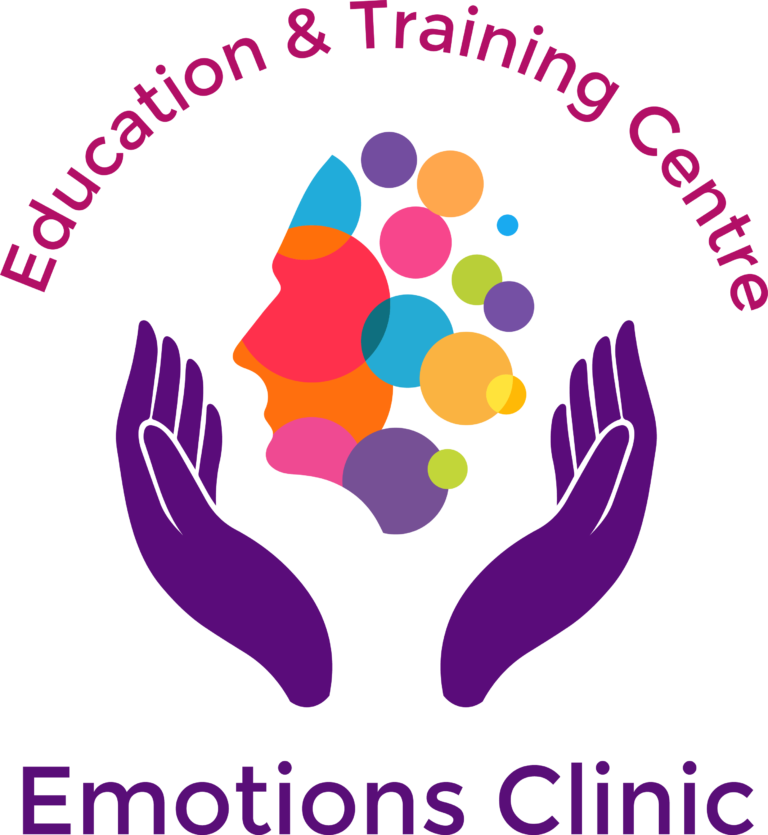Bipolar Disorder
Introduction:
The Bipolar disorder manifests in the form of discrete episodes of either depression characterised by low moods, loss of pleasure in things, pessimistic ideations, suicidal thoughts, etc. or ‘mania/hypomania’ characterised by overly cheerful moods, grandiosity, feeling energetic, expansive, etc. There are usually periods of normalcy in between these episodes. This illness has also been described as affective disorders or Mood disorders in various classificatory systems. These episodes of depression or manic ususally last several weeks to several months.
A third variety of episode has been defined as ‘mixed’ which is characterised by a mixture of symptoms of mania and depression, which may be occurring concomitantly or in quick succession (often called as ultra-rapid cycling of symptoms). The management of bipolar disorder is determined by the phase of bipolar disorder in which the patient presents.
Although mania/hypomania are the defining features of bipolar disorder, depressive symptoms are commoner than symptoms of mania/hypomania in bipolar disorder. It has also been seen that a patient is more likely to seek treatment from a psychiatrist during a depressive episode rather than during a hypomanic or manic episode. Hence, the psychiatrist and the members of family should be vigilant to the possibility of bipolarity in all cases of depression. As high as two thirds of patients with bipolar disorder are misdiagnosed as unipolar depression.
Before initiating treatment, a thorough history, physical and mental state examination, and investigations must be carried out.
Management of Acute Mania:
The setting of management (outpatient or in-patient) is decided on the basis of severity of the illness and its manageability in a given setting.
The first line management of acute mania includes the use of mood stabilisers such as sodium valproate or lithium and/or a second-generation antipsychotics such as olanzapine, risperidone, quetiapine, etc.
The response rate to all the above agents is broadly similar. The choice of drug, thus, depends on patient preference, previous history of response to a drug, side-effect profile, and clinical presentation.
Antipsychotics are generally seen to show a quicker response as compared to mood stabilisers, and hence are often preferred in acutely agitated and aggressive patients. A family history of good response to a drug, particularly lithium, also determines higher chances of response to that drug.
The various other factors which determine choice of an agent are the typicality of presentation, any associated illnesses (e.g., migraine, anxiety, alcohol use disorder, etc.), type of mania (cheerfulness/ irritability).
It has been seen that a large majority of such patients show response to the first-line agent itself. Most patients who respond to the first-line agent will show response within two weeks of initiation of therapy. So, if no response is seen within the first two weeks, it may be prudent to switch or augment the ongoing agent.
The ECT may be considered for clients with severe symptoms or imminent risk of harm to themselves or others, treatment resistance, history of a past good response, or patient preference.
Other agents which may be tried, include carbamazepine, typical or first-generation antipsychotics (haloperidol, chlorpromazine, etc.), clozapine (particularly for resistant cases), combination of lithium and valproate.
Management of Acute Bipolar Depression:
The addition of a mood stabiliser is often required for varying periods of time in patients with bipolar disorder as the chances of relapse/recurrence of episodes is quite high. Over 90% patients have a recurrence of mood episode within 5 years. Most of the experts agree that preventive treatment should be considered after first episode of mania in all cases of bipolar disorder. Often the drugs used as first-line for acute management, including combination treatment, are preferred for prevention of further episodes as well.
Lithium is considered one of the oldest and the most effective agents for maintenance. It helps in preventing both depressive and manic episodes. It is an effective prophylactic agent whether or not it was used as an acute management agent.
Other agents which are commonly used for prevention of further episodes include valproate, carbamazepine, lamotrigine, second-generation antipsychotics, etc.
Lamotrigine in particular has shown efficacy in preventing depressive relapses only, and it has no effect on preventing a manic relapse. The antipsychotics also prevent recurrence of mood episodes, particularly manic episodes.
It has also been noted that the first-generation antipsychotics lead to an increased risk of depressive symptoms in future. These first-generation antipsychotics are also less preferred in treating mood disorders, as they are associated with higher extrapyramidal symptoms, particularly tardive dyskinesias in mood disorder patients.
Some Points to Remember:
- Patients on lithium prophylaxis need to know about lithium toxicity, its symptoms, and how to prevent it as it is a medical emergency and needs immediate attention. The risk factors for lithium toxicity include, renal disease, being elderly, dehydration, etc. One also needs to be educated about the risk of re-emergent mania in case of abrupt discontinuation of lithium.
- Patients who have been managed with antidepressants like SSRIs or TCAs in acute stage may also be considered to be weaned off the antidepressant as they may be associated with higher risk of manic switch.
- Patients in whom acute mania has been managed with a second-generation antipsychotic but they have predominant depressive polarity in their symptoms, should be offered other agents for prophylaxis like lithium or lamotrigine, as antipsychotics have little role in prevention of depression, except possibly quetiapine.
- Esketamine (s-enantiomer of ketamine) nasal spray has recently been approved for management of treatment-resistant depression. It is associated with side-effects like nausea, dissociation, dizziness, sedation, anxiety, increased blood pressure, and other cardiovascular/cerebrovascular events. It also has a potential for abuse. Hence, its administration requires close monitoring in hospital settings and is not given for use at home. It is given in conjunction with oral antidepressant, and not as a monotherapy.
- Psychoeducation can also help with stabilisation of moods in patients with bipolar disorder, as it plays a prominent role in improving the course of the disorder, by improving adherence, discouraging and preventing maladaptive lifestyle (biological rhythm, substance use, etc.). Educating the patients and family members about early signs of relapse is important.
- Valproate should be avoided during pregnancy and in women of child-bearing age as it can lead of foetal defects in offspring.
Recommended Reading:
Bipolar disorder: assessment and management | Royal College of Psychiatrist. RCPYSCH ROYAL COLLEGE OF PSYCHIATRIST. Available from: https://www.nice.org.uk/guidance/ cg185
Ready to prioritize your mental health?

Nature Consultancy Limited is regulated by CQC to provide care at Emotions Clinic
Phone : +44(0)1782 768656
Email : ad***@****************co.uk
Quick Links
Information
Head Office Address
1 Lawson Terrace, Knutton Newcastle under Lyme Stoke-on-Trent, ST5 6DS, England
Days Open
Monday - Friday 08 AM - 10 PM

